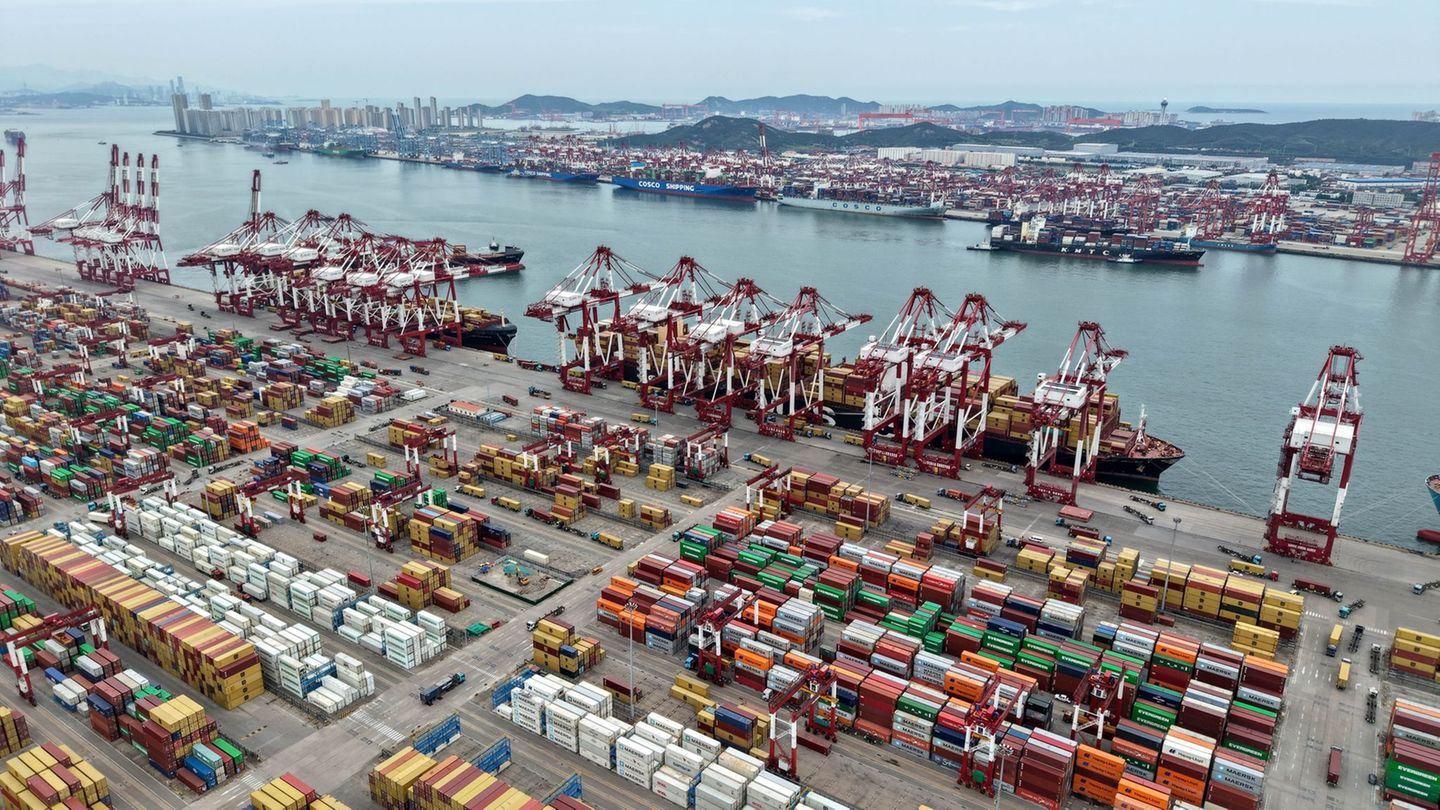A possible improvement for Argentina to the status of emerging market by index provider MSCI could generate almost $1 billion in investments in the country’s stocks, he said. JP Morgan on Tuesday, according to a cable from the British news agency Reuterswhich was shared by President Javier Milei.
It is worth recalling that the MSCI index classifies Argentina as a stand-alone market rather than including it in its widely followed set of emerging market indices. The index provider demoted Argentina in November 2021 due to market accessibility issues, including strict capital controls that limited investors’ ability to replicate the index.
The Wall Street giant highlights that the Government is promoting an important reform and remains firm in advancing towards the “second phase” of its plan to stabilize the economy, with triple-digit inflation, A deepening recession and a myriad of capital controls which distort trade, but are in place to protect the peso.
Companies that would enter the MSCI
“If Argentina were to rejoin MSCI’s EM indices, JPMorgan predicted that four companies would be part of the MSCI Argentina Standard Index: YPF (YPFDm.BA), Galicia Financial Group (GGALm.BA), Macro Bank (BMAm.BA) and Pampa Energía (PAMPm.BA)while the MSCI Argentina Small Cap Index would have eleven components.
“With an estimated weight of 0.2% in EM, Argentina would be located between Colombia and Peru in the EM Index,” he said. Diego Celedonfrom JP Morgan, quoted by Reuters.
If a reclassification materializes, JP Morgan estimates that potential capital inflows could reach almost $1 billion, including $786 million from the Standard Index and $176 million from the Small Cap Index.
It should be recalled that JP Morgan reportedly expected currency restrictions to be eased once macroeconomic conditions stabilized and foreign exchange reserves improved, adding that it expected to see this begin to materialize in the fourth quarter.
What is MSCI?
MSCI typically announces any changes to country classifications during its Market Classification Reviewwhich tends to be scheduled for June and generally follows an investor consultation process.
The MSCI (Morgan Stanley Capital International) index is a set of global stock market indices that are widely used as benchmarks in financial markets. These indices are developed by MSCI Inc., a leading provider of financial data and analysis.
markets-wall-street-shares-stock-exchanges-investments-finances-morgan
The MSCI (Morgan Stanley Capital International) index is a set of global stock market indices that are widely used as benchmarks in financial markets.
Reuters
Some of the most well-known MSCI indices include:
- MSCI World Index: represents the performance of stocks in developed markets around the world.
- MSCI Emerging Markets Index (EM): represents emerging markets, such as Brazil, China, India, and South Africa.
- MSCI ACWI (All Country World Index): combines both developed and emerging markets.
- MSCI Frontier Markets Index: covers frontier markets, which are smaller and less developed than emerging markets.
- MSCI Argentina Index: A specific index that tracks the performance of stocks in Argentina, classified according to criteria established by MSCI.
How do MSCI indices work?
These indices are used by global investors to measure the performance of portfolios against a specific standard. They are also used to create investment products, such as index funds and ETFs (exchange-traded funds).
A country’s classification in the MSCI indices (as “emerging market” or “developed market”) can significantly influence the amount of foreign investment that flows into that country. Changes in classification, such as an upgrade to “emerging market,” may attract greater investment, since many investment funds can only invest in countries that are classified within certain indices.
Source: Ambito
I am a 24-year-old writer and journalist who has been working in the news industry for the past two years. I write primarily about market news, so if you’re looking for insights into what’s going on in the stock market or economic indicators, you’ve come to the right place. I also dabble in writing articles on lifestyle trends and pop culture news.




